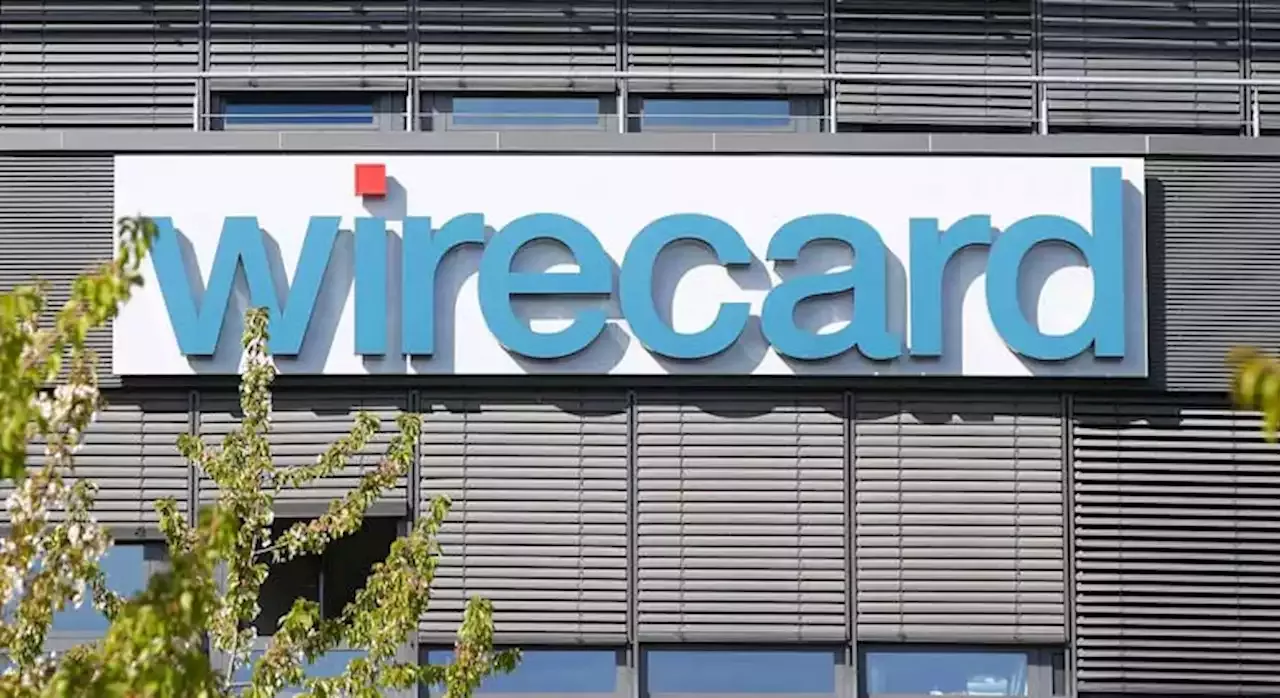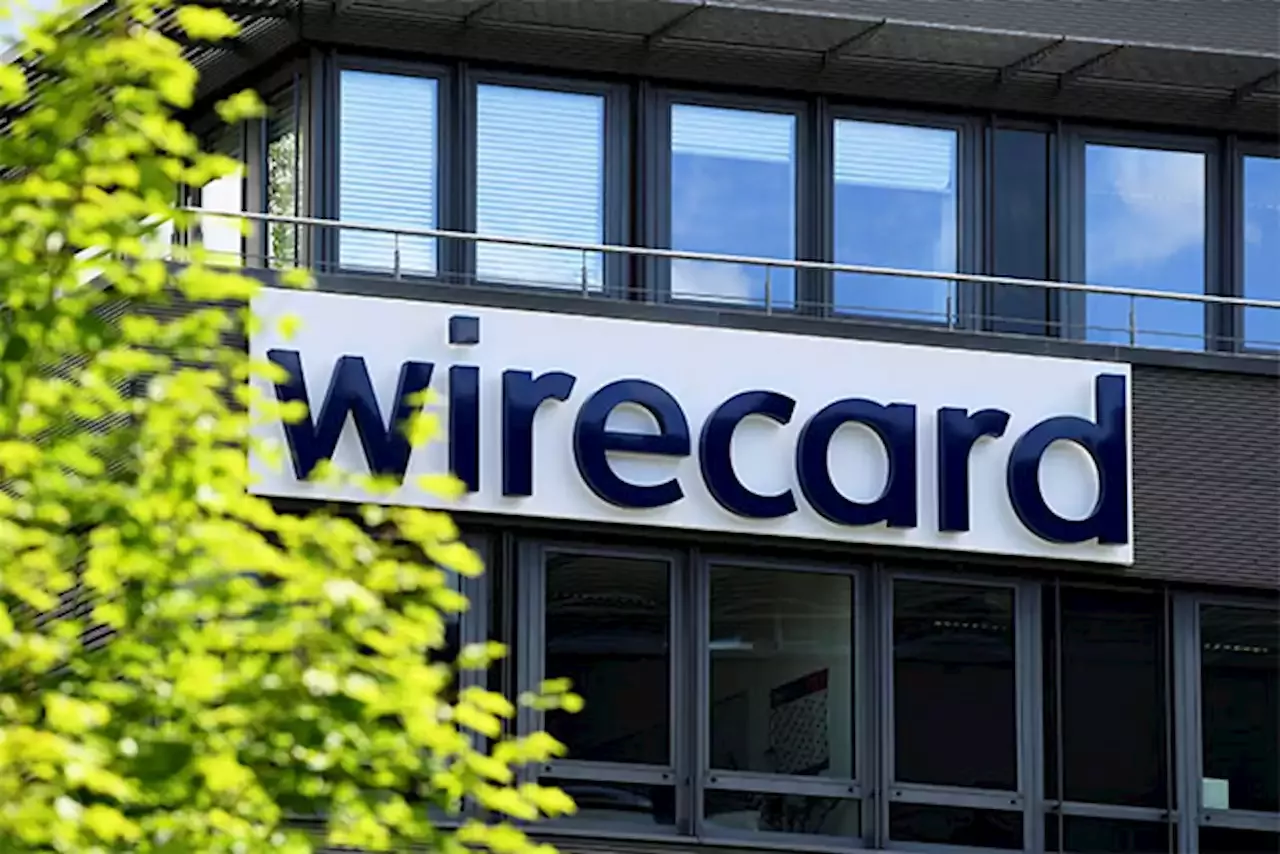“Day of Pain”: Wirecard’s CEO defends himself in a significant fraud trial.
In Germany's largest post-war fraud trial, Wirecard's former CEO took the witness stand for the first time on Monday

In Germany’s largest post-war fraud trial, Wirecard’s former CEO took the witness stand for the first time on Monday. He denied all wrongdoing and accused other managers of plotting behind his back./cloudfront-us-east-2.images.arcpublishing.com/reuters/YJ2APAF6R5IZHKE7JGDUJZ2KMM.jpg)
Markus Braun, 53, who was wearing his signature black turtleneck and rimless glasses, expressed his “deepest remorse” over Wirecard’s failure but insisted he was not aware of any fraud or embezzlement and thought he was operating a successful company.
Oliver Bellenhaus, an Austrian-born former chief executive, and Stephan von Erffa, another former management of Wirecard, are currently on trial on charges that include market manipulation and fraud. If found guilty, all three defendants may spend up to 15 years in jail, The whereabouts of former chief operating officer Jan Marsalek, who is on Europe’s most wanted list, remain unclear.
Braun has been detained ever since the collapse of Wirecard in 2020, which rocked Germany’s business community and brought politicians who supported the company and authorities who took years to look into complaints against the company under heavy scrutiny. Braun said in court in Munich that he did not know of any counterfeiting or theft, calling the revelation of a $1.9 billion ($2 billion) hole in Wirecard’s balance sheet a “day of anguish” for both shareholders and staff.
The defendants are charged with belonging to a gang that created substantial amounts of fictitious profits through phony business dealings with associates to deceive creditors and investors. Braun’s attorneys have previously said that Bellenhaus was the primary fraudster at the business, which started off handling payments for online gambling and pornography before growing to become a blue-chip DAX corporation valued at $28 billion.
Braun has been depicted as a “absolutist CEO” at the core of a large scam by Bellenhaus, who became a key witness after turning himself in to police. In his most in-depth statements on Wirecard’s downfall since his arrest, Braun opposed that portrayal and described his leadership as collegiate. Instead, as allegations of fraud against the firm mounted, Braun accused Marsalek of spreading a “myth” that Wirecard’s finances were sound, while he and Bellenhaus sought to frustrate Braun’s efforts to hire KPMG as an external auditor.
Braun stated that the purpose of bringing in KPMG was to “once and for all” dispel claims of balance sheet manipulation. I assured Marsalek that we had nothing to conceal. Braun remarked that Marsalek “was very bright and understood how to communicate that it was a mistake” when 1.9 billion euros disappeared from the balance sheet. Braun’s voice was calm and focused, just as it was when he spoke at investor meetings and press conferences.
The situation reached a breaking point in February 2020, according to Braun, when Marsalek revealed to him in his office that he had secretly transferred billions of euros from Singapore to accounts in the Philippines. Neither Braun nor the company’s chief financial officer was aware of the transaction. “I didn’t yell. Braun remarked, “I can recall asking him if he had gone insane. It’s not my way.”
Braun claimed that even though the business failed before he could terminate Bellenhaus and limit Marsalek’s authority, he had made up his mind to do so. Braun, who described Marsalek as brilliant but rather reclusive, claimed that he was only afterward made aware of media claims that Marsalek had connections to the security services and operated a shadow company out of a property in Munich.
Braun denied rumors that he had hired private security companies to intimidate reporters who were looking into his business. He compared reports of Wirecard’s downfall with those of his early years at the business, describing a startup that was in financial difficulty and where he and other management put in long hours and worked with a feeling of purpose. In actuality, he claimed, “there was no life outside the firm.”
Braun, a former CEO of Wirecard, is accused of fraud.
Markus Braun, the former CEO of Wirecard, and two other senior executives were indicted by German authorities for the extensive financial fraud that caused the payment processor to go out of business in June 2020. Braun has been accused of market manipulation, theft, and large-scale gang fraud, along with the organization’s primary bookkeeper and the previous head of operations in Dubai. The three men are charged with conspiring to forge balance sheets worth €1.9 billion ($2.08 billion) in total.
Braun intentionally approved the false paperwork, according to the Munich prosecutors. The lengthy period between Wirecard’s bankruptcy and the filing of the accusations underscored the complicated network of international transactions that investigators had to sort through. The actual indictment is 474 pages long. According to the statement from the prosecution, “all the accused group members were working industrially in these six acts of fraud, because that is how they obtained their pay, including partially profit-related sections.”
Wirecard was a payment processing and financial services company established in Bavaria with locations all over the world. Braun had been CEO since 2002 when he was recruited to preserve Wirecard from the dot-com bubble’s demise. Initially, the fintech firm was able to deflect the claims, and the FT journalists were placed under investigation. However, in June 2020, auditing firm EY discovered that 1.9 billion euros of cash in the company’s records did not appear to exist.
The money, which comprised a fourth of the balance sheet, was intended to be maintained in trustee accounts at two Philippine banks to offset risks in trading done on Wirecard’s behalf by third parties. However, the Philippines’ central bank stated that the money never reached the country’s monetary system, and both Asian banks, BDO and BPI, denied any involvement with Wirecard.
Banks that had lent the firm 1.7 billion euros in credit were among the scam’s biggest victims. At the same time, investigators believe that senior executives like Braun were pocketing billions of dollars in pay, bonuses, and dividends. When current Chancellor Olaf Scholz was finance minister, the scam was detected. He and then-Chancellor Angela Merkel faced severe concerns about how a large fraud could continue to operate while they were in charge. Although multiple Wirecard officials are being probed, former COO Marsalek remains at large.
Wirecard’s rise and collapse
Wirecard was founded in 1999 in a Munich neighborhood. Before expanding into banking and offering credit and pre-payment cards, the firm handled online credit card payments, mostly for pornographic and gambling sites. Wirecard was well poised to thrive in a world where cashless payments were becoming king. It was listed on the Frankfurt Stock Exchange by 2005, and it beat Commerzbank to a spot in the Dax 30 index of Germany’s top blue-chip businesses in 2018. Its worth increased to €24 billion, and its shares jumped to €140 (£120).
It was seen as a success story for Germany, and Angela Merkel, who was chancellor at the time, even advocated on behalf of Wirecard on a 2019 trip to China, where the business was looking to acquire a company. Everything was not right behind the scenes. The Financial Times has already published articles casting doubt on Wirecard’s statistics. Then, in 2016, an unidentified research company allegedly presented claims connecting Wirecard to fraud and money laundering.
Investors and journalists levelled complaints against Wirecard, while the German financial authorities defended them. The corporation singled out FT journalist Dan McCrum for publishing articles critical of it. Early in 2019, the business denied an FT story alleging that executives had faked and backdated contracts as libellous. Accounting issues at Wirecard’s Asian businesses were quickly made public by leaked papers, although the company placed the responsibility on speculators.
The German financial watchdog, BaFin, decided to look into the journalists rather than Wirecard and forbade investors from short-selling the stock after it fell more than 40%.Then, in 2020, it all came crashing down. After being compelled to acknowledge that €1.9 billion missing from its books likely never existed, Wirecard declared bankruptcy.
When it was revealed that two banks in the Philippines claimed to be holding the funds had not been Wirecard clients, the business applied for protection from creditors by declaring bankruptcy. The regulator described the circumstances surrounding Germany’s IT sector darling as a tragedy and a shame.
Markus Braun was charged by the prosecution of approving financial reports that were false while doing so. They claimed that Wirecard had fabricated records to represent that it had money when, in fact, it had none. Inadequate actions were discovered during a nine-month investigation by German legislators last year, including the auditors Ernst & Young’s approval of Wirecard’s financial statements. Long into 2024 is predicted for the trial’s duration. The many people who lost significant sums of money investing in the Munich-based Corporation will be among those attentively following it.
edited and proofread by nikita sharma




